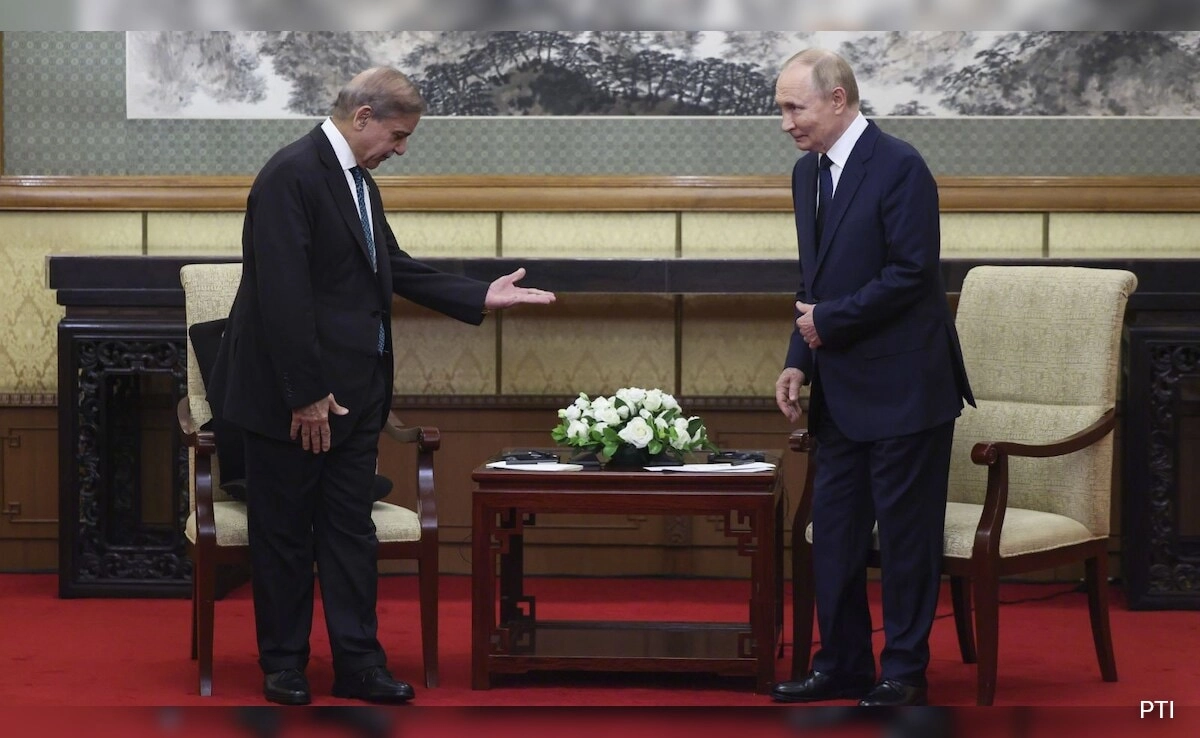In a recent meeting with Russian President Vladimir Putin, Pakistan’s Prime Minister Shehbaz Sharif brought up the subject of India, highlighting the complex geopolitical dynamics in South Asia. This discussion comes at a time of heightened tensions in the region, where historical rivalries and ongoing disputes continue to shape diplomatic relationships. Sharif’s remarks were not merely a passing comment; they underscored Pakistan’s strategic concerns regarding India’s military advancements and its implications for regional security.
During the meeting, Sharif emphasized the need for dialogue and cooperation to address mutual security concerns. He pointed out that the escalation of military capabilities in the region, particularly by India, could lead to instability not just in South Asia but also have broader implications for global peace. Sharif’s comments reflect a growing apprehension within Pakistan regarding India’s defense posture, especially in light of recent developments in military technology and defense procurement.
The Prime Minister’s engagement with Putin is also indicative of Pakistan’s shifting alliances and its desire to foster closer ties with Russia. By addressing the India issue in this context, Sharif is likely seeking to garner support from Moscow in countering India’s influence. This relationship is particularly relevant given the historical backdrop of the Cold War, where Pakistan was more aligned with the United States while India maintained a closer rapport with the Soviet Union. Today, however, geopolitical landscapes have shifted, and Pakistan appears eager to recalibrate its foreign policy to meet its national interests.
Furthermore, Sharif’s mention of India is part of a broader narrative that underscores the importance of regional cooperation among neighboring countries. He called for a collaborative approach to address security challenges, emphasizing that peace and stability can only be achieved through dialogue and mutual respect. This stance not only highlights Pakistan’s strategic priorities but also reflects a willingness to engage in discussions that could lead to de-escalation of tensions with India. As the geopolitical landscape continues to evolve, Sharif’s comments may serve as a critical step towards fostering a more stable and cooperative South Asia.




